Which is Better for Your Business in 2024: Google Ads OR Facebook Ads
![]()
When it comes to digital advertising, Google and Facebook are two of the biggest players in the game. Both platforms have their own strengths and weaknesses, and choosing between the two can be a difficult decision. In this post, I’ll take a closer look at Google Ads and Facebook Ads, compare their features, and help you decide which one is the best fit for your business.
Table of Contents
Google Ads
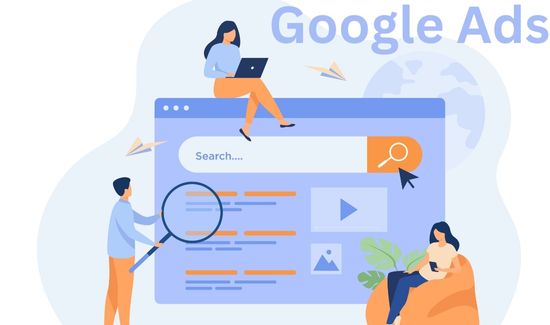
Google built the online advertising network known as Google Ads (previously known as Google AdWords). It allows businesses to create and display ads on Google search results pages, YouTube, and other websites that are part of the Google Display Network.
- Set up a Google Ads account: Setting up a Google Ads account is the first step to advertising on the platform. You can sign up for an account on the Google Ads website, and you’ll need to provide basic information about your business.
- Create a campaign: Once you have an account, you can create a campaign by selecting the type of ad you want to create and setting your budget and targeting options.
- Create an ad: After you’ve set up your campaign, you’ll need to create an ad. This involves choosing the ad format, writing ad copy, and selecting images or other media to include in your ad.
- Launch your campaign: Once your ad is created, you can launch your campaign and start showing your ad to potential customers.
Facebook Ads

What are Facebook Ads?
Facebook Ads emerges as a digital promotional platform cautiously crafted by the social media giant i.e. Facebook. It allows businesses to create and display ads on the Facebook platform and its partner networks, including Instagram, Messenger, and Audience Network.
- Create a Facebook Ads account: To get started with Facebook Ads, you’ll need to create an account on the Facebook Ads Manager website.
- Create a campaign: Once you have an account, you can create a campaign by selecting the type of ad you want to create and setting your budget and targeting options.
- Create an ad: After you’ve set up your campaign, you’ll need to create an ad. This involves choosing the ad format, writing ad copy, and selecting images or other media to include in your ad.
- Launch your campaign: Once your ad is created, you can launch your campaign and start showing your ad to potential customers.
Google Ads vs. Facebook Ads
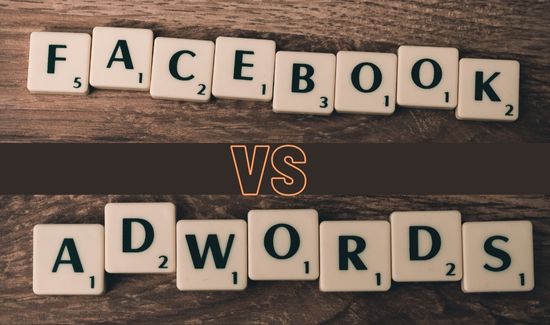
How do they compare?
- Targeting options: Google Ads offers a variety of targeting options, including keyword targeting, location targeting, and device targeting. Facebook Ads also offers similar targeting options but also includes demographic targeting and interest targeting.
- Ad formats: The several ad forms that Google advertisements provide are search ads, display ads, video ads, and shopping ads. Facebook Ads offers a variety of ad formats as well, including image ads, video ads, carousel ads, and collection ads.
- Cost: The cost of advertising on Google Ads and Facebook Ads can vary depending on the industry, competition, and other factors. Generally, Google Ads tends to have a higher cost per click (CPC) due to the high competition for certain keywords. Facebook Ads can have a lower CPC but may require a larger budget to reach a wider audience. Both platforms offer flexible budget options and it’s important to monitor your spending throughout your campaign to ensure you’re getting the most out of your advertising budget. By optimizing your campaigns and adjusting your strategies as needed, you can achieve your desired results and maximize your return on investment.
- Reach:
- Google Ads can reach customers who are actively searching for products or services, while Facebook Ads can reach users who may not be actively searching, but may be interested in your product or service based on their demographics, interests, or behaviours.
- Ad placement: Google Ads can display your ads on Google search results pages, YouTube, and other websites in the Google Display Network. Facebook Ads can display your ads on Facebook, Instagram, Messenger, and the Audience Network.
- Performance tracking: Both Google Ads and Facebook Ads offer robust performance tracking tools, allowing you to measure the success of your campaigns and make adjustments as needed.
- Customer intent: Google Ads tends to appeal to individuals who have progressed deeper into the purchasing journey, given that they are actively looking for specific products or services. Facebook Ads can be effective at reaching customers who may not have a specific need in mind but may be interested in your product or service based on their interests or behaviours.
Which is Better for Your Business?

Factors to Consider
When deciding between Google Ads and Facebook Ads, it’s important to consider the unique needs and goals of your business. Here are some factors to consider:
- Type of business: Some businesses may be better suited for Google Ads, while others may benefit more from Facebook Ads. For example, a B2B software company may find more success with Google Ads, while a B2C clothing brand may find more success with Facebook Ads.
- Budget: While both Google Ads and Facebook Ads provide adaptable budget alternatives, the industry’s dynamics and competitive landscape can influence the fluctuation of the cost per click (CPC).It’s important to set a realistic budget based on your goals and monitor your spending throughout your campaign.
- Target audience: Think about who and where your target audience hangs out online. If your audience is active on Facebook and Instagram, Facebook Ads may be the better option. If your audience is actively searching for your products or services on Google, Google Ads may be the better option.
- Marketing goals: Consider what you want to achieve with your advertising campaign. If your goal is to increase brand awareness and reach a wider audience, Facebook Ads may be the better option. If your goal is to drive more website traffic or generate leads, Google Ads may be the better option.
Conclusion
Making the Right Choice
Both Google Ads and Facebook Ads provide unique benefits for businesses looking to advertise online. The choice between the two depends on how well your business objectives, your target audience, and your financial resources are aligned. By considering these factors and experimenting with both platforms, you can determine which one is the best fit for your business. Remember to monitor your campaigns and adjust your strategies as needed to optimize your results.

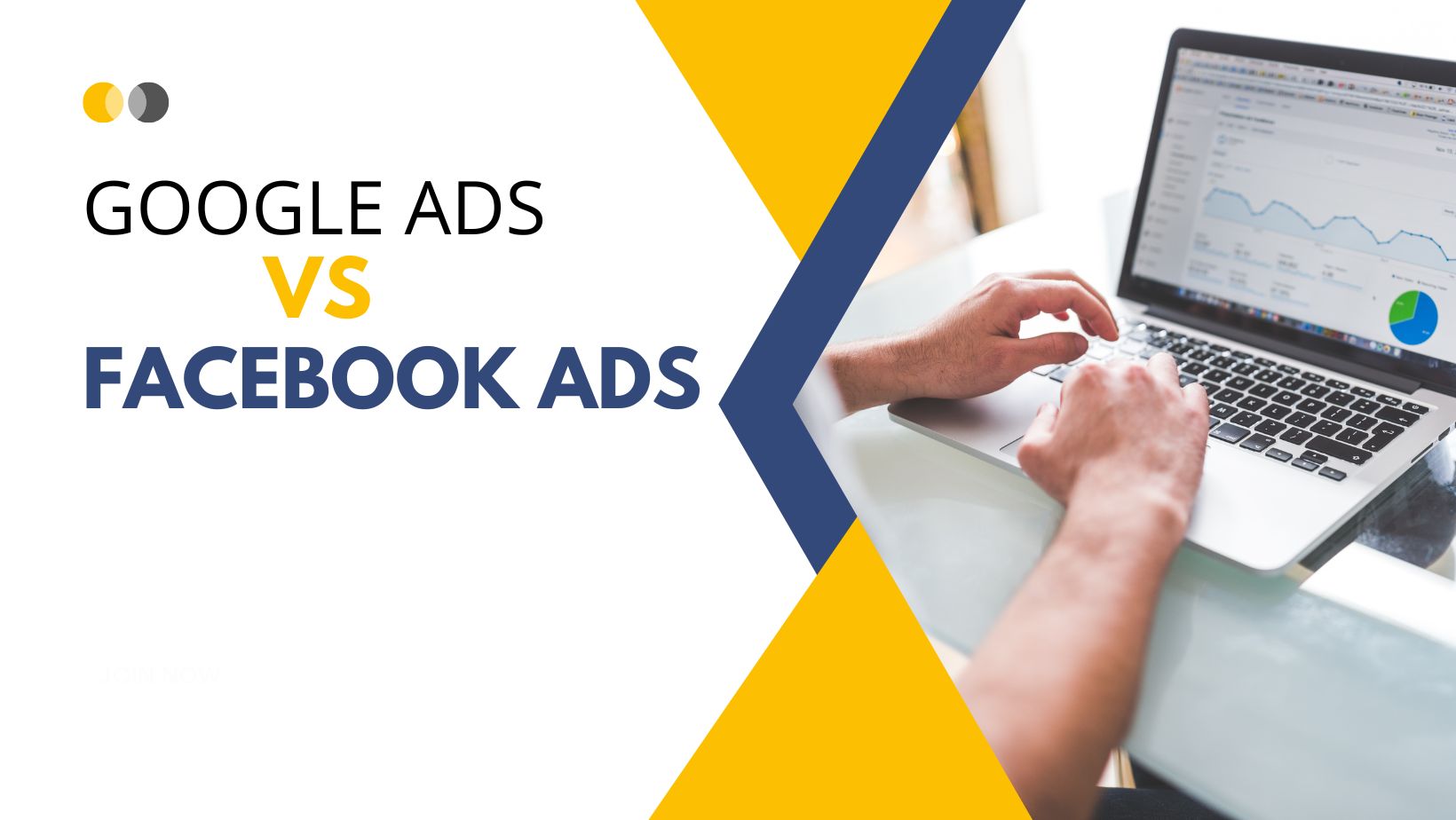

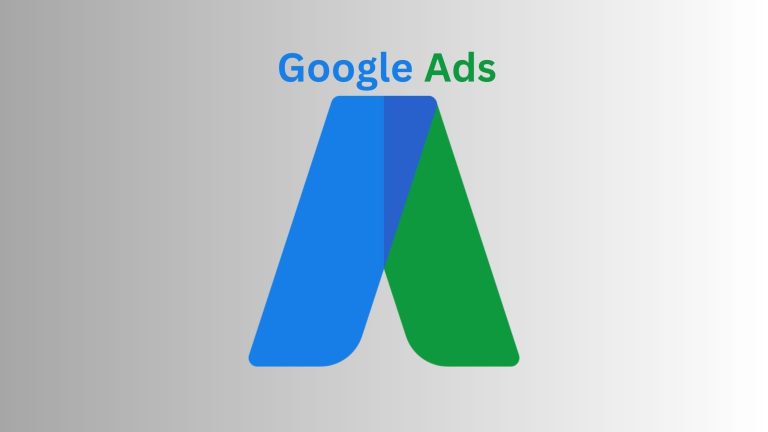
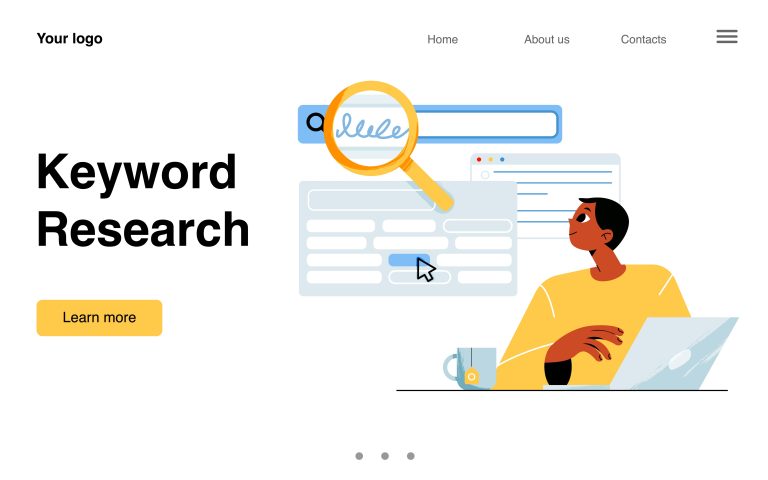



2 Comments